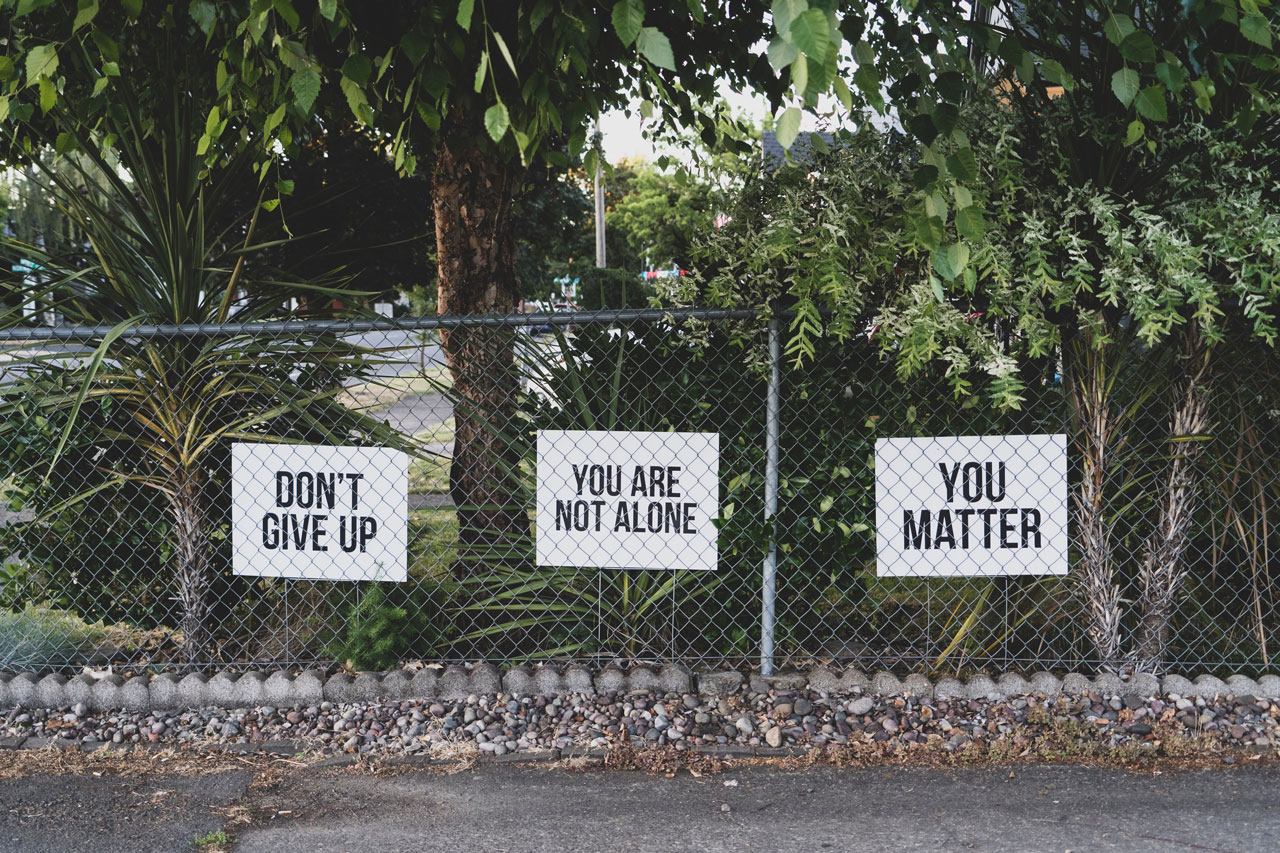Navigating the Shadows: Breaking the Silence on Suicide and Supporting Those Left Behind
In the hushed corners of society, where whispers of pain and despair linger, a silent epidemic continues to cast its shadow: suicide. It's a topic that many shy away from, a darkness that often remains unspoken. Yet, the profound impact of suicide reaches far beyond the individual who succumbs to its grip. In the aftermath, the bereaved are left grappling with a complex tapestry of emotions, their grief intensified by a pervasive stigma that shrouds this delicate subject.
The ripple effect of suicide is staggering, touching the lives of countless individuals who may never have anticipated...









